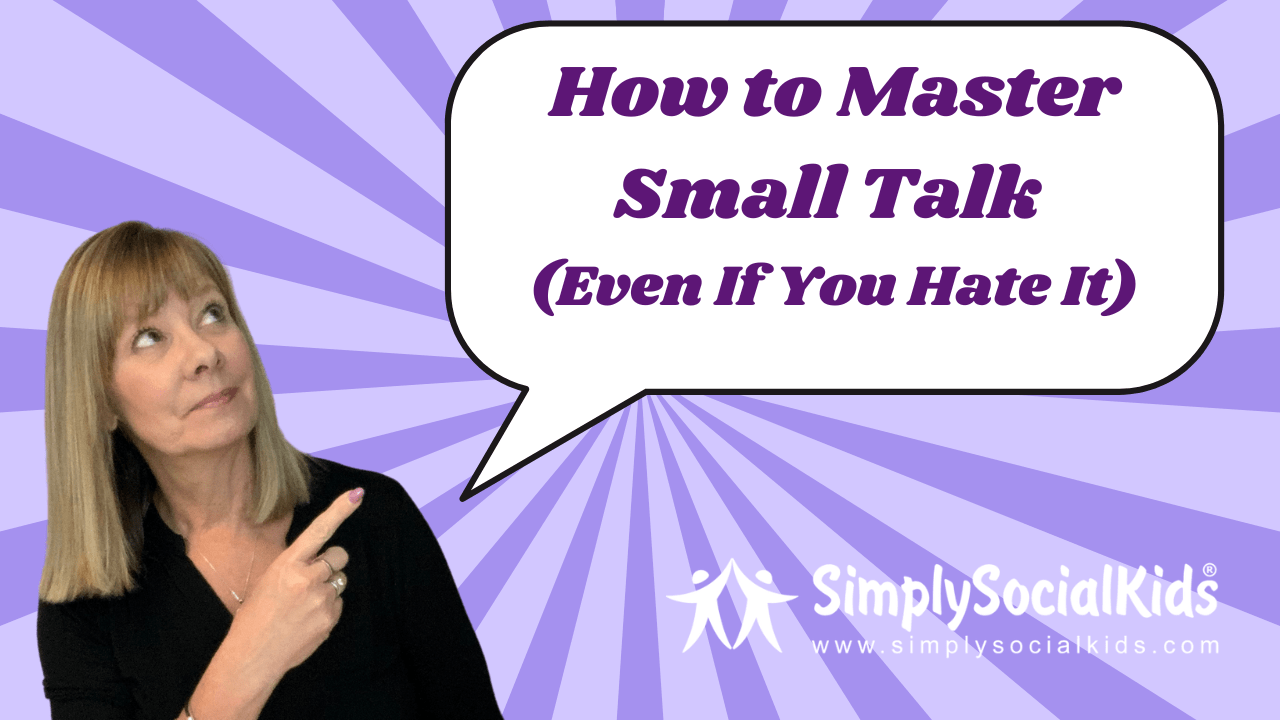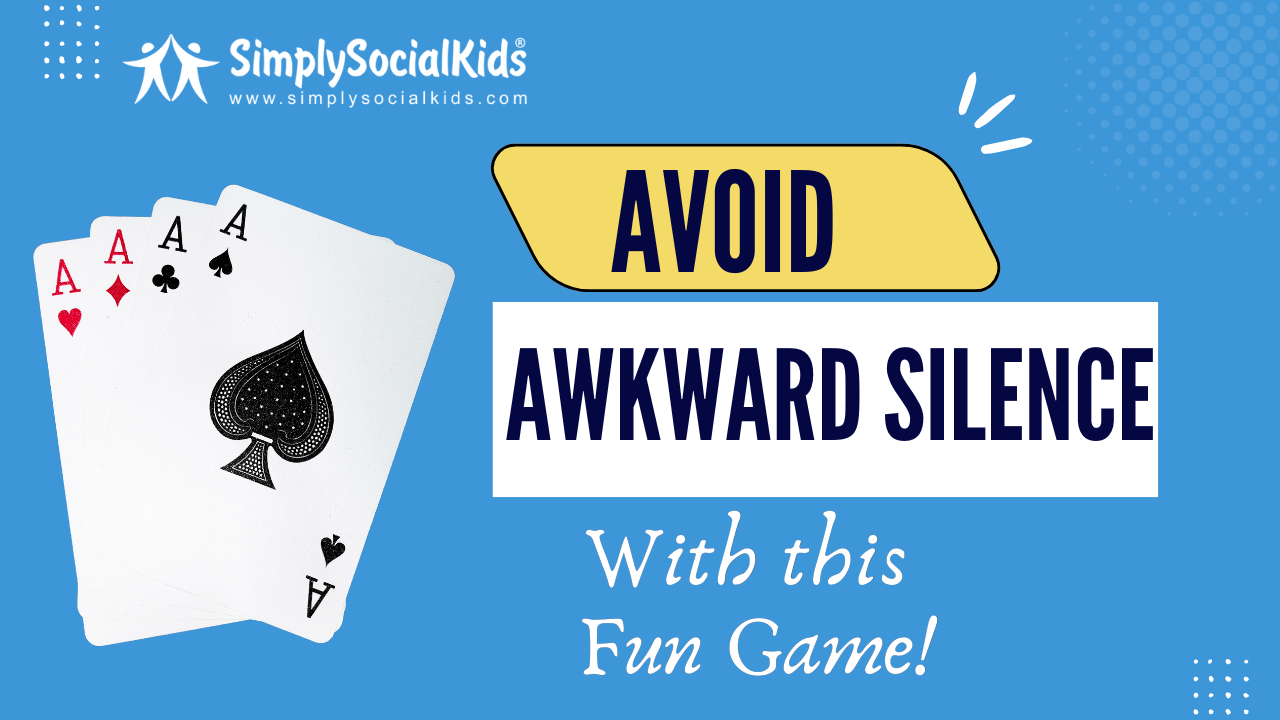

When kids are in early elementary school, their criteria for who they want to play with can be relatively simple; “oh, you like pretend too? Great! Let’s play!” They want to have fun and play and will generally play with others who want the same type of play in that moment.
As kids grow and are in late elementary school at about age 10, you might find that they begin to lose friendships. They might lose one friend or even their whole friend group. When this happens, the heartbreak is immense for the child on rejection side of this equation. Parents might sense that it’s coming but many children don’t have the social experience to know that the friendship is losing its luster or, they might know it but not want to believe it’s really happening.
The reason why it happens, though, is important for them to understand. If they don’t truly understand why they have lost the friend(s), then it’s likely that they will internalize it as being something wrong with them. What is actually happening at this age is that kids are beginning to figure out who they are as individuals. They might begin to realize that they are inherently sporty or artistic and creative. As this self-discovery is occurring, they begin to seek out kids who are interested in the same things that they enjoy. It’s no longer enough to be with friends who also like trains, for example. Kids also are maturing at different rates, which can also be a major factor in why friendships begin to wane.
I cannot overestimate how painful this can be for kids to experience. As parents, we need support them, be that shoulder to cry on, and actively find new interests and friends so that they can move on and also find those who fit their interests.
If your child is having a rough patch with friends or has difficulty making new friends, we invite them to a free trial one of our social groups.
If your child or teen needs coaching to help them make friends, contact us to schedule a trial https://calendly.com/simplysocialkids/30min or find out more about our weekly programs or Just for Fun clubs or learn more by contacting us at https://simplysocialkids.com/.






